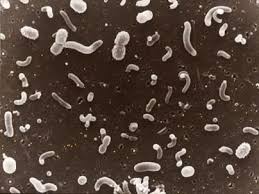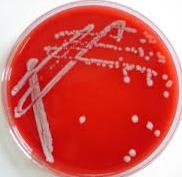According to the World Health Organization (WHO) and the Food and Agriculture Organization of the […]
Tag: GRAS
Lactic Acid Bacteria (LAB): Key Microorganisms in Fermentation and Food Biotechnology
Introduction Lactic acid bacteria (LAB) constitute a diverse and functionally significant group of Gram-positive, non-sporulating, […]
Feeding the Future: How Single Cell Proteins Can Help Solve Global Malnutrition
As the global population races past 8 billion and continues to rise, the urgency to […]
Characteristics of Microorganisms Used in Industrial Microbiology
Microorganisms—including bacteria (e.g. Escherichia coli, Bacillus subtilis), fungi (yeasts like Saccharomyces cerevisiae and Pichia pastoris, […]





